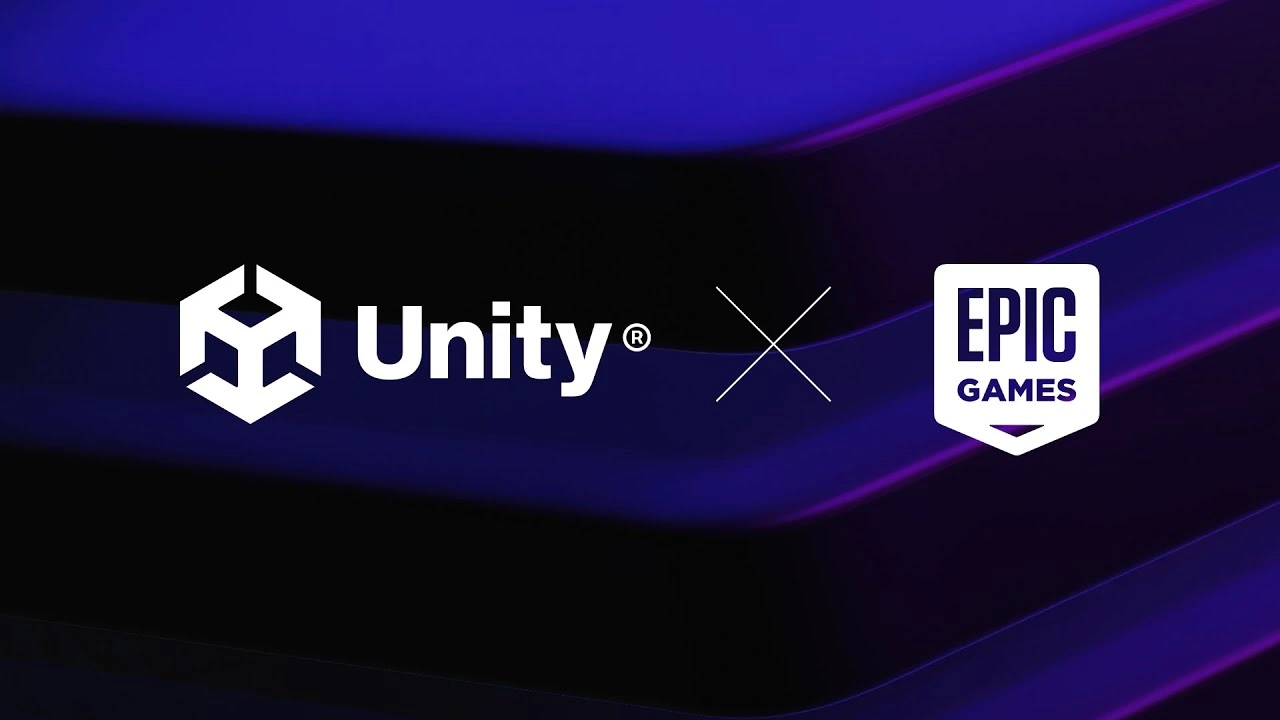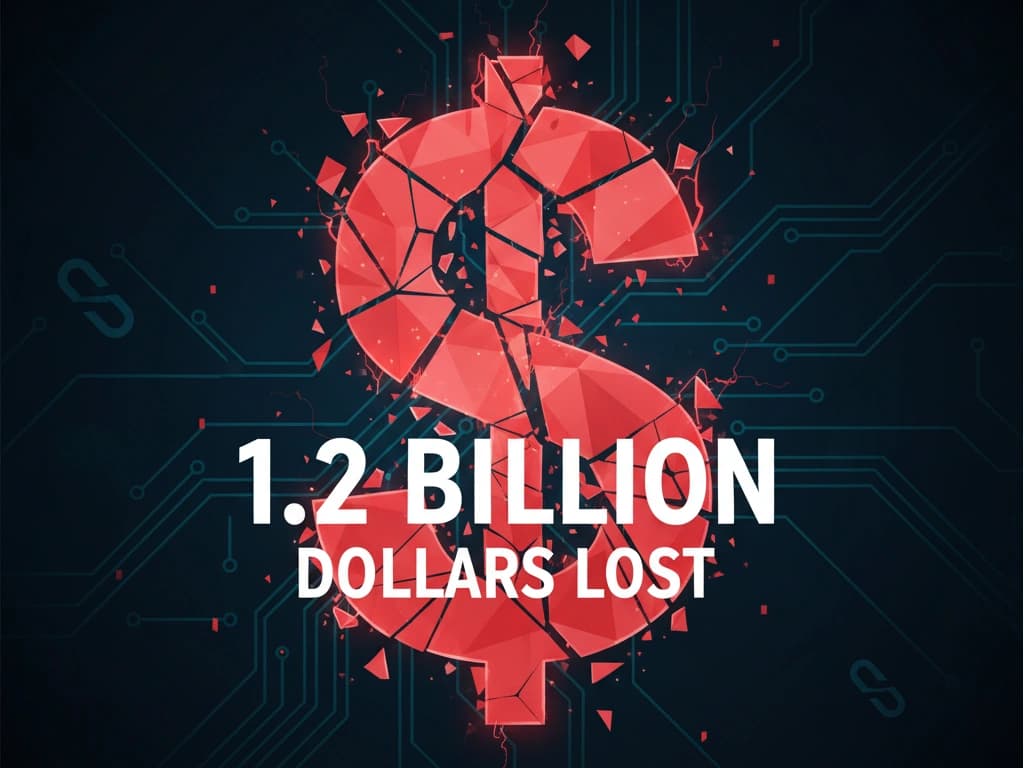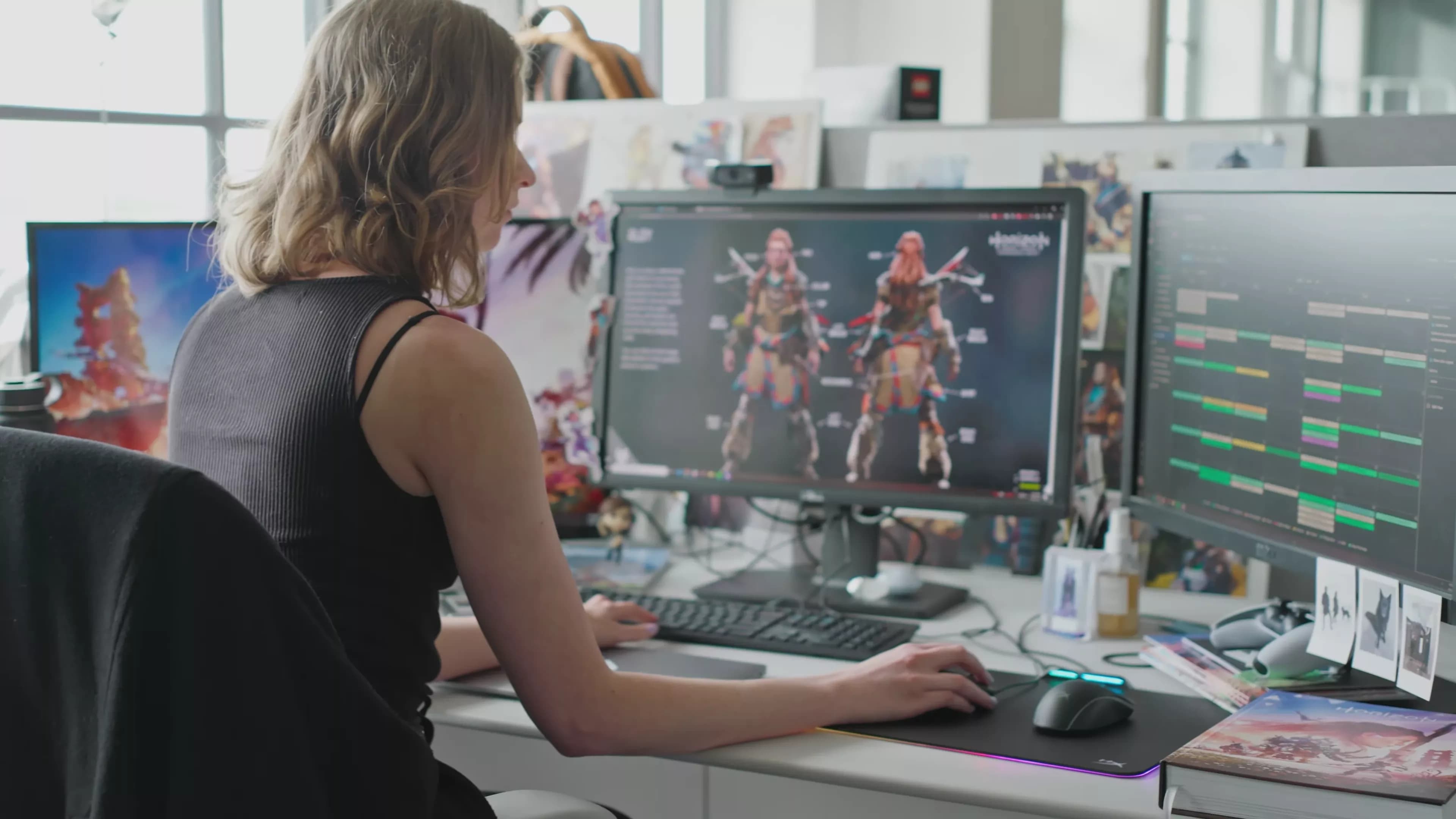The Big Picture: Unity Meets Fortnite
Epic Games and Unity Technologies are shaking things up with a partnership that’ll let Unity developers publish their games directly into Fortnite’s ecosystem. Yep, you read that right, Unity-built games could soon be integrated with Fortnite's massive world. This isn't just about slapping your game into a new platform. It’s about opening up new possibilities for monetization and a whole new audience. But hold up, it’s not all sunshine and rainbows. This integration means shifting how we think about development. The workflows, tools, and even programming languages will need a bit of an overhaul. Sounds intimidating? Maybe. But if you play it right, it could unlock some seriously awesome opportunities.What’s the Deal with Fortnite’s Creator Economy (FCE)?
Fortnite is no longer just a battle royale. It’s evolving into a platform, a live service with tools that creators (like you) can use to build, monetize, and share content. This isn’t about building your average side project either. It’s about reaching a potential audience of over 500 million registered Fortnite users. Unity developers now have the chance to tap into Fortnite’s Creator Economy (FCE). This economy rewards content creators based on engagement, player minutes, retention, and engagement rates. So, it’s not just about building a cool map or game mode; you need to think about retention strategies. How do you keep players engaged? How do you keep them coming back for more? It’s a new way of thinking about game design, one that focuses on sustained player experiences rather than just quick hits of excitement. But let’s be real, that’s a whole new ballgame. If you’re used to making mobile games with in-app purchases or ads, the switch to an engagement-based monetization model will take some adjustment. The challenge will be keeping players hooked over the long term, which is definitely different from the “play once, buy once” mindset we often have when designing traditional mobile games.The Opportunities (and the Challenges)
Here’s the thing, this integration is big. Massive. We’re talking about a direct line into the Fortnite ecosystem. And if you know anything about Fortnite, it’s not just a game, it’s a phenomenon. With over 500 million users, getting a chance to build content in a place where your game can actually be discovered is huge. Opportunities:- Global Audience Access: Fortnite is a global beast, which means the exposure you get as a Unity developer is off the charts. If you can figure out how to build something that players want to engage with, it’s a direct ticket to potentially millions of players.
- Monetization: The FCE’s engagement-based payout model is a bit different from the usual model of selling copies of your game. It’s about keeping players coming back, and if you do that well, there’s serious money to be made. Fortnite pools 40% of its monthly revenue to pay out creators based on player engagement, so the more players stick around and interact with your content, the better the payout.
- Cross-Engine Collaboration: The big bonus? Unity developers aren’t just locked into Unity. There’s also integration with Unreal Engine’s tools, which means you can use some of Unreal’s powerful commercial and LiveOps tools to manage your in-game economy. No need to juggle between platforms anymore.
- The Verse Language: Alright, here’s where things get a little messy. Unity games are built with C#, but in the Fortnite ecosystem, you'll need to convert that logic to Epic’s proprietary Verse language. This isn’t just a simple porting exercise, it’s a whole new skill set to learn. And let’s face it, no one likes having to rewrite code from scratch (trust me, we’ve all been there).
- Asset Conversion: Unity’s assets aren’t natively compatible with Unreal. You’re going to need to convert your 3D models, physics systems, and shaders to work with Unreal’s architecture. The good news? There are tools in place to help, but it’s going to take time and effort.
- Increased Competition: While the exposure is great, it also means more competition. You’re not the only developer trying to grab the spotlight in Fortnite’s Creator Economy. So, if you want to make it, your content needs to stand out and be designed for long-term player engagement. Getting lost in the crowd is a very real risk.
How Can You Prepare for This?
If you’re thinking about diving into this integration, here are a few things to keep in mind:- Learn Verse: If you want to integrate your Unity game into Fortnite, you’ll need to learn Verse. Don’t wait for the last minute to pick it up. Start now.
- Think Long-Term: Start designing your game with player retention in mind. Fortnite’s Creator Economy rewards consistent engagement, so think about how you can keep players hooked over time.
- Optimize Your Assets: Since you’ll need to convert Unity assets into Unreal’s format, make sure your assets are as clean and optimized as possible. Get familiar with the export pipelines for both Unity and Unreal.
- Stay Up-to-Date: The roadmap for this integration is still unfolding, with the first major updates expected in 2026. Keep an eye on updates and attend conferences like Unite 2025 to get the latest info.



